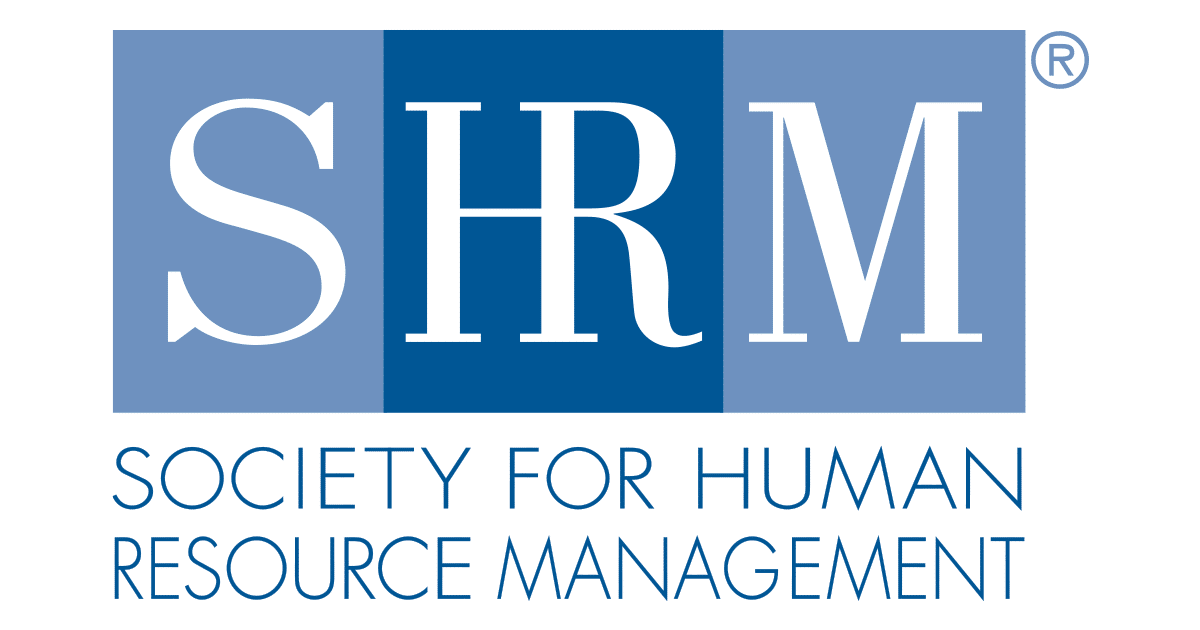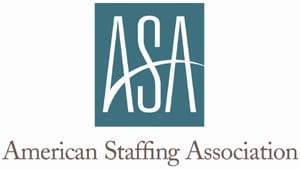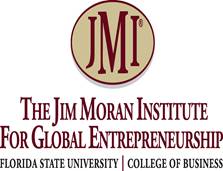Prior to the onset of the pandemic companies reported a growing number of job applicants were “ghosting” after interviews.
The nightmare has since not ended and has become even more prevalent in recent months.
Blowing off scheduled job interviews, accepting offers and not showing up to the first day – all without giving notice.
What is fueling the behavior and what steps can be taken to minimize the behavior?
We have a few tips below:
- Be sure to communicate the timeline for the hiring process. Being upfront about the process may alleviate misunderstandings. A candidate who is unaware when they could have a response may assume they have been forgotten and seek employment elsewhere. To avoid losing interest in top talent be transparent. Keeping the process fairly swift and steady will also cut down on the likelihood of candidate ghosting.
- While being open about the timeline is crucial, dragging the process and waiting too long to extend an offer can mean you miss out on an ideal candidate. A verbal offer followed by a formal written offer should occur shortly after final interviews.
- Work to keep the application process personal. So many things are virtual in our new normal. Pre recorded videos can be time savers but can also be very impersonal. Face to face interaction is important, even if we can only do it through a screen.
- While talent and work history are very important, it’s equally important to inquire about the candidates goals and ambitions. Allow the candidate to ask their own questions – which is also a sign they have done their homework and are interested in your company. What would they like to improve on, learn more about, and how do they see themselves growing?
- Keep in mind the demand for the position you are trying to fill. A high demand job will require a creative offer. Make yours stand out by offering additional perks above a competitive salary. Signing bonuses, flexible schedules, professional development opportunities, tuition reimbursement and other similar benefits should be considered to stay competitive.
Written By: Morgan Henry











